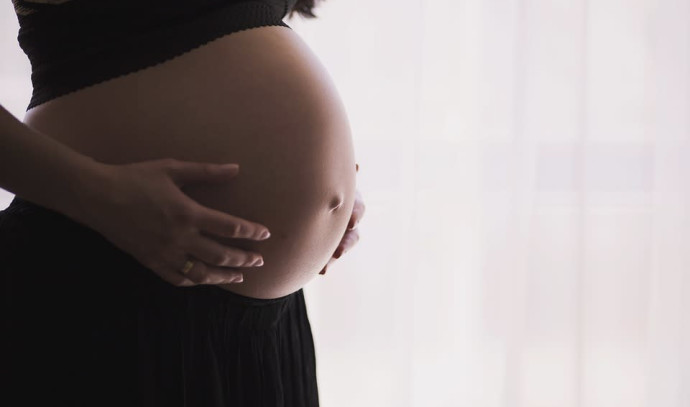A new study conducted by the Peter Doherty Insititute for Infection and Immunity suggests that pregnant women posses an immune response to COVID-19 that is just as strong as that of non-pregnant women.
The peer-reviewed study, published in the Journal of Clinical Investigation Insight, the researcher investigated the immune responses of unvaccinated pregnant and non-pregnant women and discovered that both groups displayed similar levels of antibodies ant T and B cell responses, which are responsible for providing long-term protection.
These findings suggest the pregnant women may be just as capable of fighting off the virus as non-pregnant women.
“Healthy pregnant women actually have an elected innate cell response compared to non-pregnant women and during acute SARS-CoV-2 infection, it doesn’t increase any further, likely because it’s already so hight,” University of Melbourne PhD Candidate and lead author of the study Jennifer Habel said. “Non-pregnant women however have low levels of innate cell activation when they’re healthy, which is normal and this increases during acute infection.”
The findings suggest that the immune response to COVID-19 is different in pregnant women and non-pregnant women.
While both pregnant and non-pregnant women display similar immune responses to COVID-19, the study found key differences in the dynamics of innate immune cells as the first line of defense against viral infections.
What did they find in their research?
The research, which included 68 participants during the acute and recovering phases of COVID-19 infection and measured 217 different immunological parameters, is one of the most comprehensive analyses of immune features in COVID-19 and pregnancy to date.
Co-senior author of the study, Dr. Louise Rowntree, a researcher at the Dohert Institute and the University of Melbourne, suggested that the differences in the first line of defense in pregnant women may be the reason some pregnant women experience more severe symptoms during COVID-19.
“The pre-activated state observed in pregnant women means their immune system responds differently to the SARS-CoV-2 virus compared to non-pregnant women,” Dr Rowntree said. “We are still unsure whether these pre-activated innate cells are protective or detrimental to disease progression, but further studies on correlates of COVID-19 severity during pregnancy will help us answer this.”
Professor Katherine Kedzierska, Laboratory Head at the Dohert Institute and senior author of the study highlighted that the current research has not provided adequate insight into the immunity of pregnant women against the COVID-19 infection.
“It is important to continue researching how the immune response to infectious diseases may differ during pregnancy, especially as pregnant women are a high-risk group for severe infection,” she said.
“Our study makes a case for why vaccination of pregnant women should be considered a major advantage, as COVID-19 vaccines specifically aim to induce B and T cell responses. The responses we saw in our study were similar between pregnant and non-pregnant women, suggesting prior infection and vaccination should offer some level of protection against future infection.”




